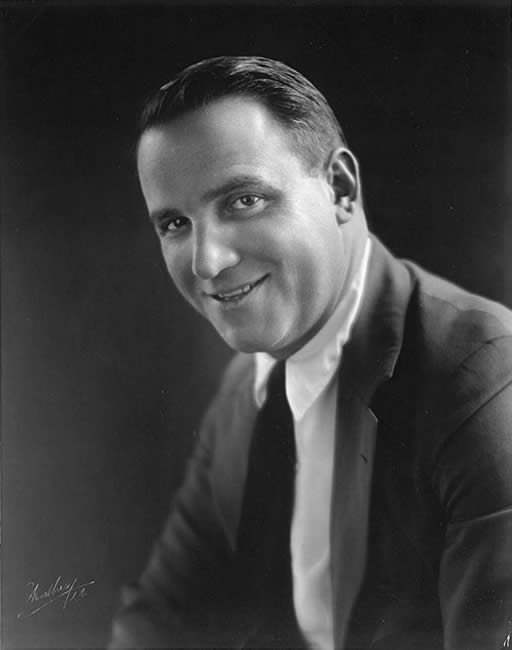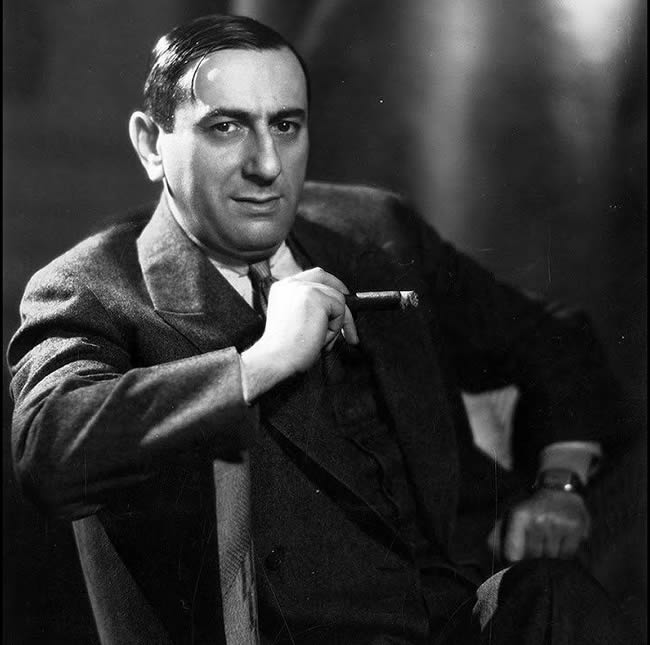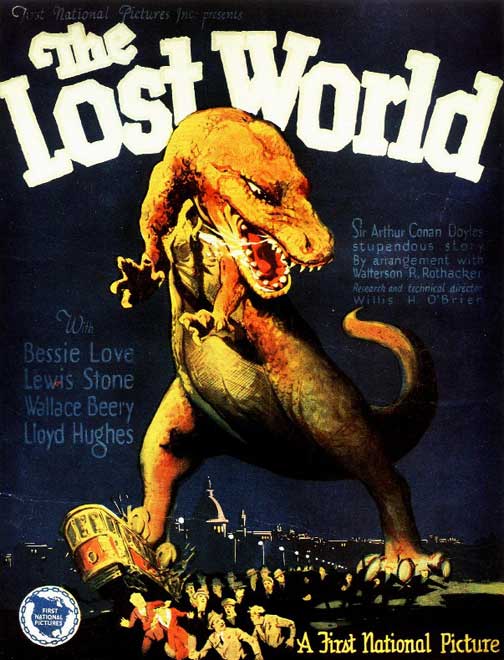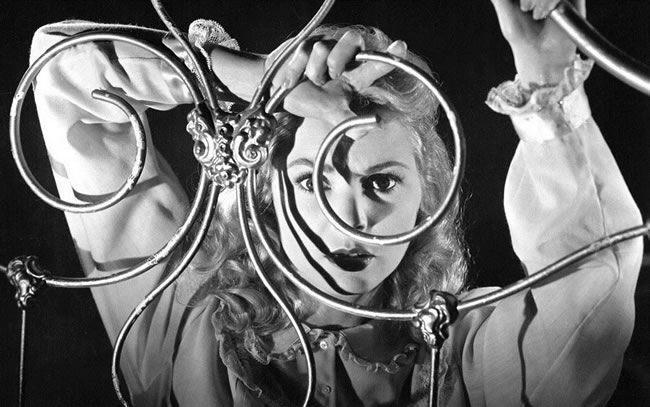
Promotional painting for Robin Hood (1922)
“Were you concerned with historical accuracy on Robin Hood?
Well, we were accurate as far as the period of the story is concerned, the costuming and so on. We had experts come in and work on that. And the story of Prince John’s perfidy was true — the Sheriff of Nottingham was in cahoots with him. And there may have been a Robin Hood — nobody knows. If there was, he was probably ‘a flat-footed Englishman walking through the woods’ as Doug said. Certainly there was no band — we took complete liberties with the spirit of Robin Hood and his crowd, and naturally the love-story was more or less invented. But Doug was always insistent on historical accuracy, though I doubt there was ever a castle as big as ours.”
— Allan Dwan, interviewed in 1968-1969 by Peter Bogdanovich for his book Allan Dwan: The Last Pioneer







